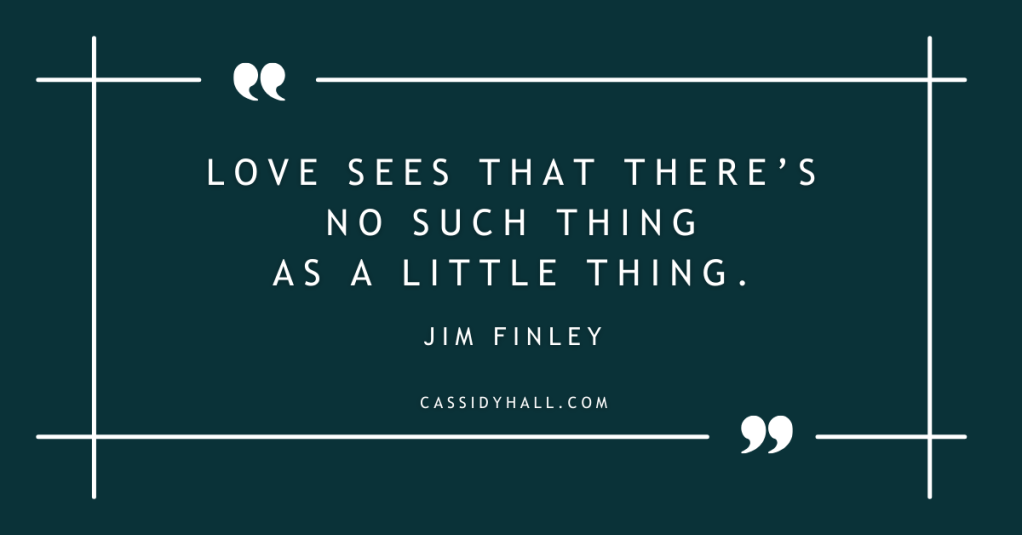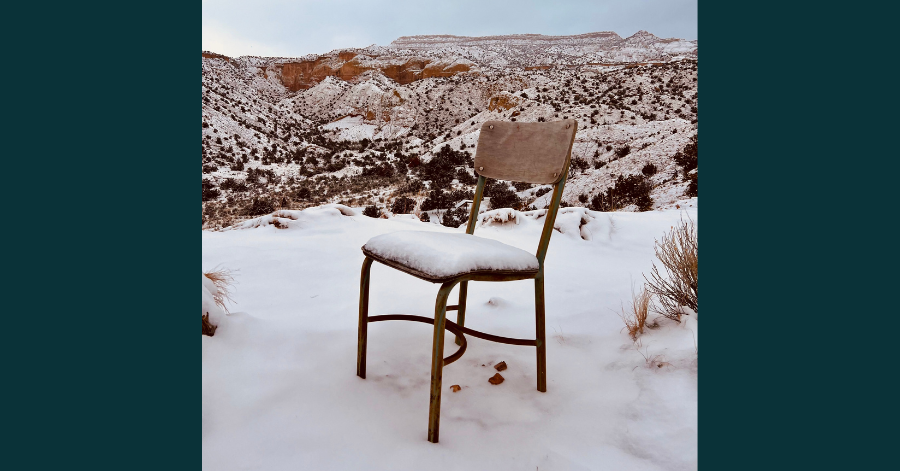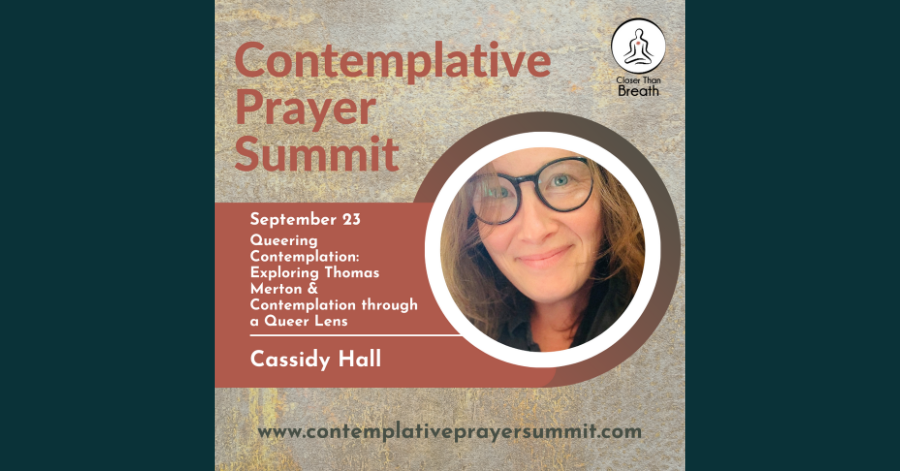I am easily led to anxiety in unfamiliar situations. I don’t like to do things with other people, and though I recognize the necessity in community, I’d almost always prefer to go about my day on my own, for comfort’s sake. Like most of us, I like certainty. Like most of us, I realize life isn’t very certain.
While walking a labyrinth with a group of friends last week, I was brought to a place of holding this uncertainty in a new way. In our preparation to walk, we reminded one another that the walk is not a maze, and no matter how lost we may feel at any time, we aren’t lost at all — as long as we keep our eyes on the path under us. We read aloud, “there’s no wrong way to walk the labyrinth.”
My anxiety led me to jumping in the labyrinth as soon as I possibly could, keeping only a few things in mind from our previous discussion. I chose to walk in with my hands down, symbolically releasing all that was hindering and holding me back — the heaviness that has been insistently upon my mind and heart in recent times. And as I sauntered into the center I recalled the only other thing I retained from our discussion — that the 6th petal in the center represents the unknown, and I was darting for it because that’s all I did know.
“Fear of the unexplainable has not only impoverished our inner lives, but also diminished relations between people; these have been dragged, so to speak, from the river of infinite possibilities and stuck on the dry bank where nothing happens.”
–Rainer Maria Rilke, Letters to a Young Poet
…Read the rest of my guest post at The Sick Pilgrim Blog.





Leave a comment